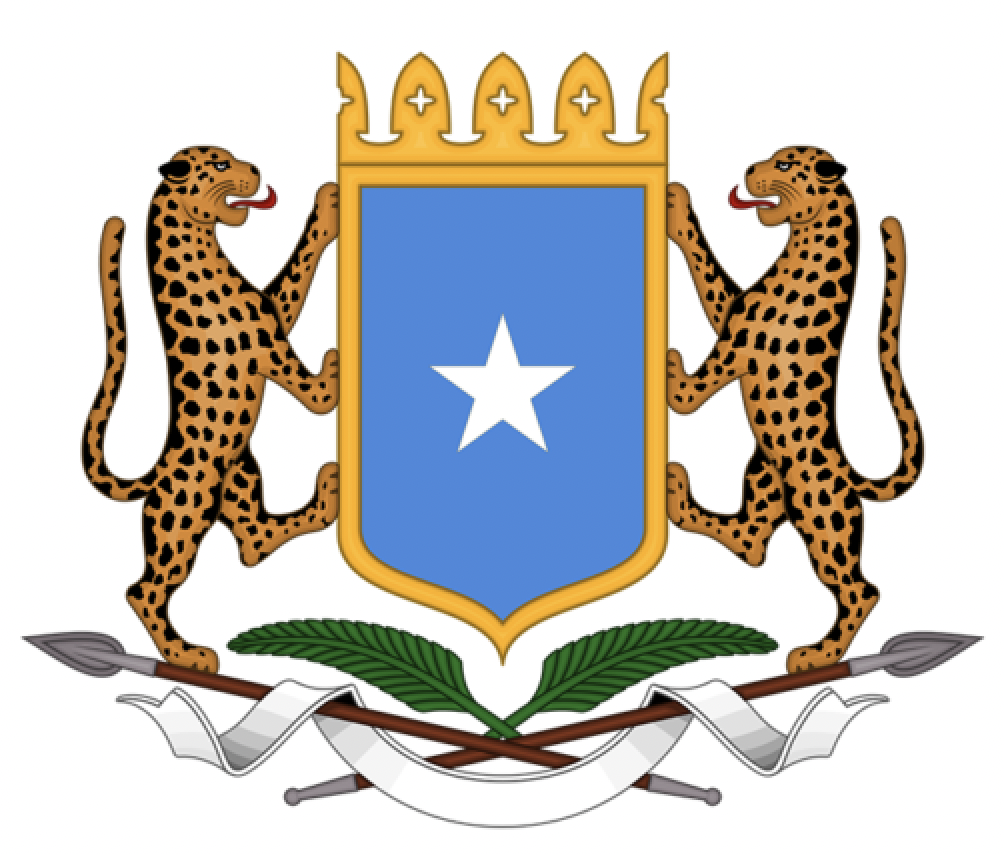Support for strengthening climate change adaptation planning for the Federal Republic of Somalia
Project Overview
The project aims to strengthen the national and state level capacity and coordination for climate change adaptation planning and implementation in Somalia. Barriers in effective adaptation include weak institutional coordination and capacity for adaptation planning and implementation at the federal level, a lack of technical, institutional, and managerial capacity for climate change adaptation planning at the state level, and a lack of investment planning and enabling conditions for financing climate change adaptation interventions. The project aims to support the government in overcoming these barriers considering the double challenge Somalia faces - the threats of internal conflict within the region and effects of climate change simultaneously. These unique circumstances require a different approach to addressing climate adaptation priorities, and Somalia’s National Adaptation Plan (NAP) process must be consistent with these governance challenges with specific attention paid towards the fragility of the country.
Project Details
The project "Support for Strengthening Climate Change Adaptation Planning for the Federal Republic of Somalia" project is supporting the Government of Somalia to strengthen the national and state level capacity and coordination for climate change adaptation planning and implementation. The project builds on the foundation that was created when the country formulated its National Adaptation Programme of Action (NAPA) in 2013. The project addresses the priorities that were elucidated in the country’s Nationally Determined Contribution (NDC) and is consistent with the ratified National Development Plan.
Somalia is among the most vulnerable countries to climate change in the world. Somalia’s arid and semi-arid lands make up more than 80% of the country’s landmass and are prone to extreme weather conditions including periods of extended drought, highly erratic rainfall, and strong winds. Droughts occur frequently and are often followed by devastating floods. Recent studies indicate that droughts have intensified in terms of their frequency, severity and geospatial coverage over the last 50 years. Flooding and droughts have been identified as the primary climate threats in Somalia’s Nationally Determined Contributions. Climate impacts multiply existing threats to the attainment of food and water security, productive livelihoods, health and human development capabilities of the people of Somalia. Climate impacts also exacerbate conflicts over natural resources and contribute to the challenges posed by large numbers of internally displaced persons. A major factor contributing to vulnerability is the political instability and internecine conflict that has vexed Somalia since 1991. Somalia’s context of fragility requires that climate adaptation is integrated within the process of dealing with crises and addressing governance challenges to contribute to a greater stability.
The project has three primary outcomes focusing on enhancing the national institutional coordination, strengthening capacity for climate change adaptation planning at the national and state level, and strengthening financial planning for climate change adaptation. Expected results include:
- Climate change adaptation capacities and interagency coordination at key agencies strengthened;
- Tools, methodologies, and information platform to support the NAP process developed;
- State climate change adaptation frameworks developed and harmonized with the national framework;
- Preliminary climate change adaptation plans formulated at the state level;
- Climate change adaptation mainstreamed into institutional and governance support at the state level;
- NAP implementation financing plan formulated.
The project has been designed to integrate with the ongoing nation building and associated initiatives that aim to strengthen governance and institutions. The project activities are planned in states where UNDP already has ongoing operations in order to avoid potential security related risks.
Project updates
- The project supported the establishment of the National Climate Change Coordination Committee (NCCCC) in collaboration with the Directorate of Environment and Climate Change (DOECC) as per the Climate change policy of Somalia.
- An institutional review of roles and responsibilities of national institutions has been conducted identifying capacity gaps to effectively adapt to climate change within priority sectors and key ministries. The results inform further project activities such as the capacity development at the Directorate of Environment and Climate Change. Currently, a study is being conducted to clarify and formalize the roles of federal, state, and district governments to improve federal-state coordination on the formulation and implementation of policies, strategies, plans, and programs related to climate change adaptation.
- A steering committee was established that will ensure coordination with the 9th National Development Plan (NDP9) Pillar groups and ensure alignment with the national DRR strategy and the Sendai Framework and other relevant programs and initiatives to support the climate change adaptation planning. The Steering Committee consists of government agencies, civil society organizations, state governments, development partners, private sector and others.
Key Results and Outputs
Outcome 1: National institutional coordination and capacity for adaptation planning enhanced.
Outcome 2: Strengthened capacity for climate change adaptation planning at the state level.
Outcome 3: Strengthened financial planning for climate change adaptation.
